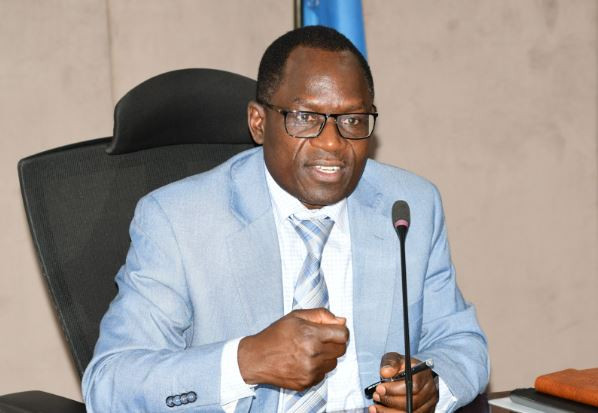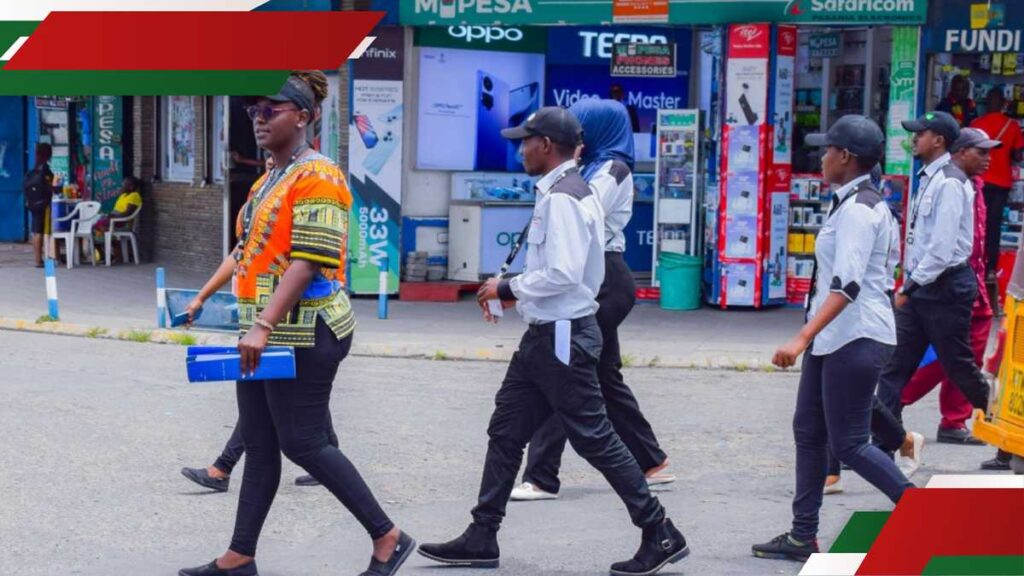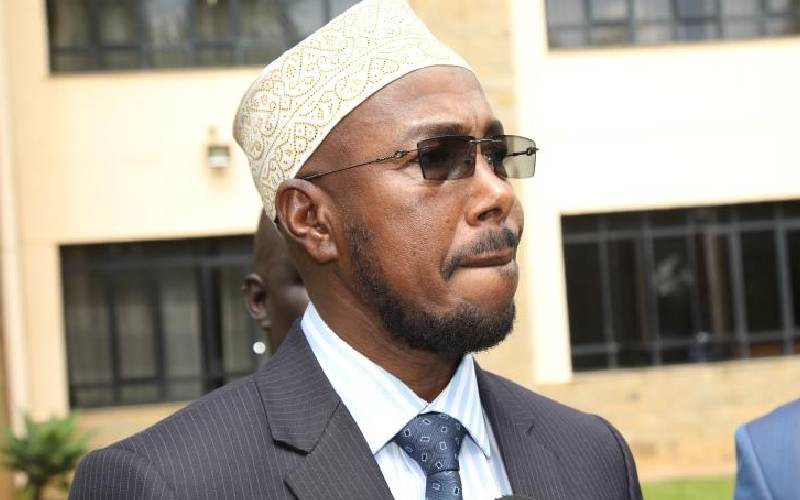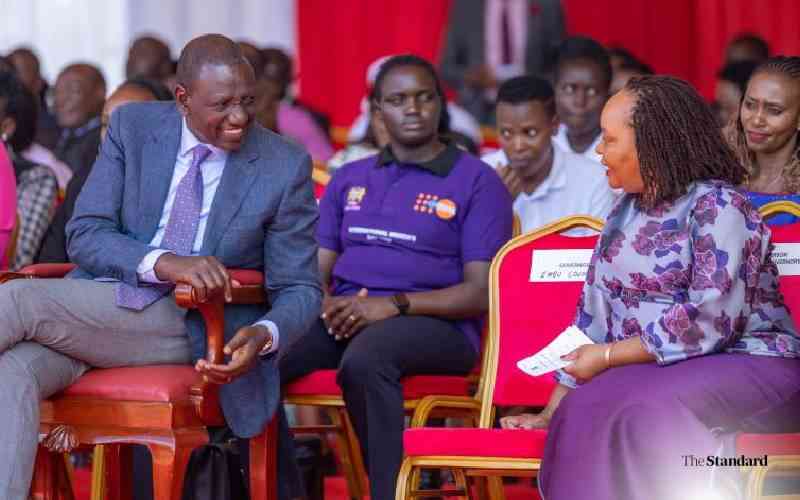Principal Secretary (PS) for Broadcasting and Telecommunications, Stephen Isaboke, EBS, has underscored a strong commitment to bridging the digital divide and ensuring equitable access to Government services.
Speaking during a meeting with a delegation from the Executive Office of the President’s Marginalised and Minority Affairs Unit, he affirmed his commitment to enhancing inclusivity of the unserved and underserved communities in Kenya, stating that digital inclusion will be an equaliser.
“Digital inclusion will align with the government’s broader plan of inclusive development within the Bottom-up Economic Transformation Agenda (BETA),” Isaboke stated.
PS Isaboke outlined the government’s plan to establish 1,450 digital hubs in every ward, supported by fibre optic cable extensions to ensure last-mile connectivity.
The Ministry is collaborating with the Kenya Power and Lighting Company (KPLC) to achieve this, alongside one centre of excellence per county. Additionally, 3% of the Constituency Development Fund (CDF) is also allocated to building more digital hubs in the counties.
“The Universal Service Fund, managed by the Communications Authority (CA), levies fees on telecommunications companies to finance connectivity in unserved and underserved regions,” Isaboke noted.
He said the fund will ensure telecommunications services reach every corner of Kenya, particularly for marginalised communities.
The PS called for deliberate efforts to produce documentaries and stories about marginalised communities, with the Kenya Broadcasting Corporation (KBC) playing a pivotal role as the public broadcaster.
“We need to be deliberate with the public broadcaster to produce content that educates and informs the public,” he urged.
Documentaries and stories that bring out the voice of the marginalised communities will also be featured in the MyGov publication to enhance public education, with the Kenya News Agency (KNA), KBC, and Government Advertising Agency (GAA) tasked with amplifying the narratives.
The PS also highlighted the role of digital communications in documenting these efforts, including the establishment of 25,000 Wi-Fi hotspots in public spaces like marketplaces.
The National Addressing System, currently in development, will identify every Kenyan’s location to facilitate targeted service delivery.
PS Isaboke reaffirmed that the State Department stands for inclusive development and is committed to publicise and creating awareness.
“We embrace the whole government approach and look forward to working together to ensure inclusivity,” he concluded.
This collaboration marks a significant step toward ensuring marginalised communities are seen, heard and empowered.
Stay informed. Subscribe to our newsletter

























